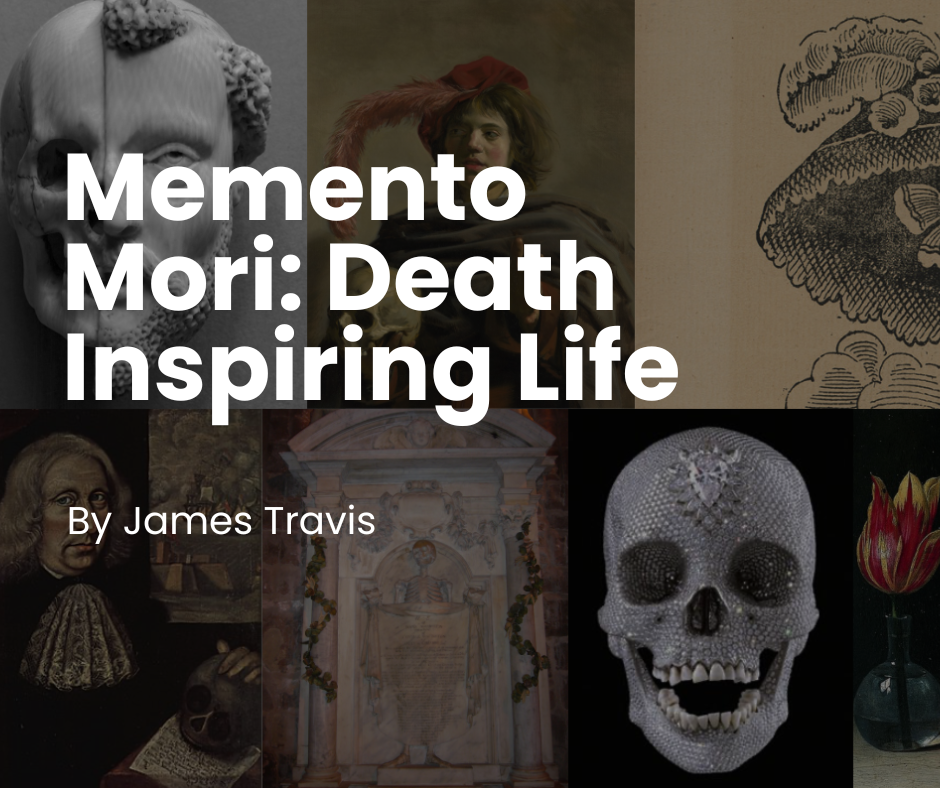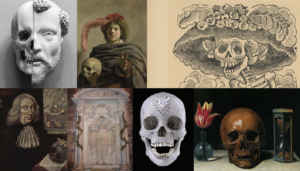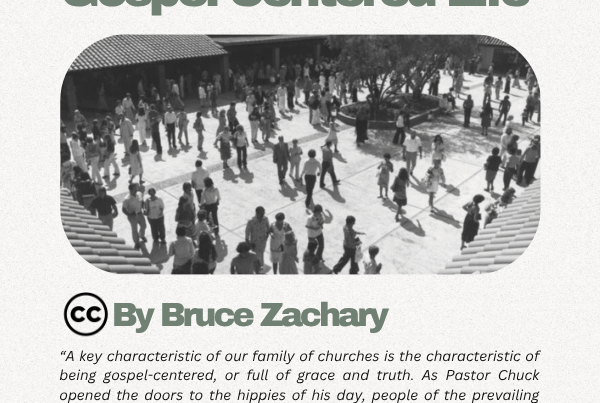
Memento Mori is a Latin phrase that means “remember that you will die.” It is, I think, the perfect way to end one year and start a new one. It might sound morbid, but, really, it’s magnificent. Let me tell you why.
Many people will have made many resolutions this past couple of weeks:
- how they will live this coming twelve months
- things they will start
- perhaps even things they will stop
Personally, I can think of no greater resolution for this next three hundred and sixty-six days than this: remember, daily, that you will die.
The earliest known use of the term in popular culture was in the late 1500s. William Shakespeare brought it to the attention of many in his play “Henry IV”:
“…I make as good use of it as many a man doth of a Death’s-head or a memento mori …”
(Act 3, Scene 3)
It was then, and still is now, used to remind people of the impermanence of human life (cf. Isaiah 40). Classical antiquity (c. 800 BC to c. AD 500) was filled with references to the inevitability of death but with different language. Often visually or physically depicted by a skull, it was somewhat ubiquitous for a long time in art and literature.

During the Roman triumphal return of a conquering general, it is rumoured that someone carried a skull to remind the victor that he, too, would die one day … so enjoy today because there will be an end. Second century Christian writer Tertullian, apparently, wrote that this was standard practice, but evidence for his claim is scant.
How, then, does this fit into a Christian worldview?
Isaiah 40.6-8 tells us this:
“All people are like grass, and all their promises are like the flowers in the field. The grass dries up, the flowers wither, when the wind sent by the Lord blows on them. Surely humanity is like grass. The grass dries up, the flowers wither, but the decree of our God is forever reliable.”
The simple and humbling truth here is that you and I, all people, are like grass. Our lives begin with beauty and new growth. It seems like we will never stop developing, expanding, and flourishing. We transform, as if by some means of supernatural metamorphosis, from frail and helpless infants into miniature people, eventually reaching physical maturity with the world laid out before us. But, as Isaiah reminds, the grass dries up and the flowers wither. Our once indestructible bodies start to fail us. We begin to stand just a little frailer than before. Where there was once firmness and strength, we now notice frailty and fragility. What is happening to us? We have turned the corner from grandeur and greatness towards our inescapable end: the grave.
James, too, prompts us to consider the fragility and fleetingness of our lives:
“You do not know about tomorrow. What is your life like? For you are a puff of smoke that appears for a short time and then vanishes.”
(James 4.14, cf. Psalm 102.11, Job 8.9, 1 Chronicles 29.15)
So, accepting our limitations, what does this do for us?
Accepting that we have an end can, somewhat counter-intuitively, inspire us to live in the here and now. Matthew McCullough writes that facing up to the truth of our inevitable death leads us to a deeper hope in life. As we are honest with ourselves about the truth that each and every one of us faces a physical death, we are inescapably drawn into grief. We think of what we will miss; the people, the places, and the points that define our lives. Grieving over death is natural and shows us that this was never meant to be the case for humanity, that death is a consequence of the fall (Genesis 2.9, 16). To be self-aware enough over the inevitability of your death is to welcome grief into your life. However, as a born-again believer in the risen Jesus, we grieve not as those who do not have hope (1 Thessalonians 4.13-14).
It is in death that we experience the richest life: both momentarily and eternally. In death, for the believer, there is hope and there is life.
It grieves me that the most poignant and personal truths are only shared when life is ebbing away.
How different our transient existence would be if we regularly and routinely told those we love that we do, in fact, love them.
How different would our families, churches, friendships, and relationships be if everyone around us knew how valued, appreciated, respected, and special to us they were.
It grieves me that these truths only surface when death is imminent or, heartbreakingly, once death has already claimed another life. In death, there are some of the richest experiences life can offer.
Eternally, too, we experience the richest life in death.
Death hurts, there is no denying. Anything that we experience that contradicts who God is and His design for us hurts. Isaiah tells us that for those who choose to trust the suffering servant, for those who love the sacrificial Saviour, death no longer has a sting (Isaiah 25.8, 26.19). Death as the eternal and permanent enemy is no more (1 Corinthians 15.51-58). The resurrection of Jesus guarantees, both logically and theologically, your own. Whilst no doubt difficult, death is now simply another step in our journey to glory.
In death, there is hope and there is life (John 10.10).
So, as we all move closer each day to a physical death, accepting this truth should inspire you to live to the fullest each and every day.
Those people you love will not be here forever: tell them how much they mean to you.
Take the chances and seize the opportunities that God puts in your path.
Do not wait for things to one day, perhaps, maybe get better. Take action to do something about it (Nehemiah 4.9).
Yes, there is death in our life, but it is not the end.
Accept it, grieve it, but never lose sight of the hope of eternal life. Never forget, too, that hope and life in death are only found in the person, and through the work, of Jesus, and your faith therein.
Bibliography
Beard, Mary. The Roman Triumph. Cambridge, MA: Belknap Press, 2009.
McCullough, Matthew. Remember Death: The Surprising Path to Living Hope. Wheaton, IL: Crossway, 2018.










